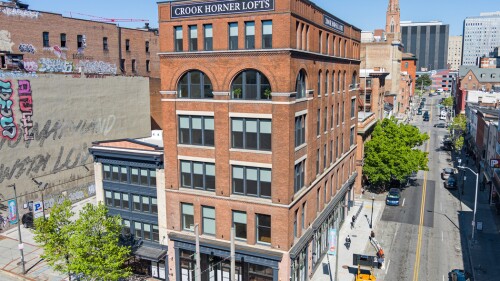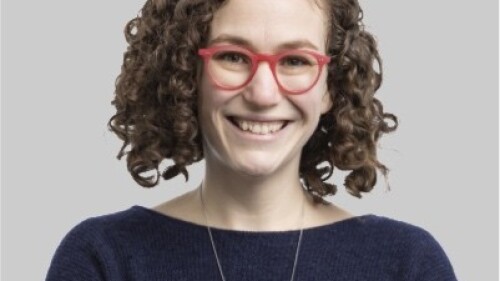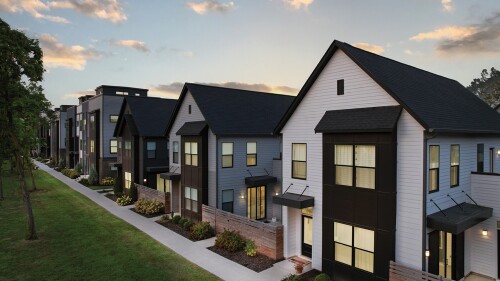Despite the rise of platforms like Airbnb and the overwhelming market share of Marriott, Florida remains one of the healthiest worldwide hospitality centers. According to the state’s tourism board, Visit Florida, Florida consistently outpaces the nation in room occupancy rates and cost-per-room statistics. Even oversaturated markets like Miami—where hotel supply growth shows no signs of slowing down—are experiencing steady growth: hotel occupancy in Miami-Dade rose to 87.9 percent in March from 85.7 percent in the same month last year, and the average daily room rate in March was $268.22, up from $232.86 last year.
“Supply is up, occupancy is up, and even with increased supply, occupancy and ADRs will continue to increase,” says Kane Sarhan, the vice president of brand at SH Hotels, whose work of late has focused almost entirely on the much-lauded 1 Hotel concept that launched in Miami and will add 12 new properties across the globe.
According to Sarhan, their marked success—at $800 per night, 1 Hotel is currently the most frequented hotel in Miami, and the seventh most-frequented in the country—comes down to how they have differentiated themselves within a highly competitive market. The new ecosystem of hospitality—which encompasses encroaching technology and increased demand for health and wellness initiatives—must be embraced by hotel developers and investors rather than ignored.
At a panel discussion during ULI’s 2018 Florida Summit, Sarhan and Niido cofounder and CEO Harvey Hernandez shared how their decision to lean into the evolving trends within hospitality and tourism has bred overwhelming success.
Communicating that your brand is much more than just great service is at the core of 1 Hotel’s unbridled success. “Hotels stand for something—when you stay at a Ritz-Carlton, you know what experience you’re going to get,” he says. “With 1 Hotel, we wanted to stand for beautiful design and service, but we wanted to stand for something bigger.”
For SH Hotels, that “big” vision was creating a brand that was synonymous with sustainability and environmental consciousness. Besides the hotel’s organic, minimalist aesthetic, 1 Hotel properties are notoriously low-waste and energy efficient. “Every material is reclaimed and repurposed and sourced from certified sustainable providers. Every material is organic,” says Narhan. “The only paper you’ll find in your room is toilet paper; we only offer filtered water from the tap.”
The 1 Hotel concept was a direct response to shifting consumer attitudes related to wellness and sustainable living. Ironically, the decision to drastically pare down standard luxury amenities has only strengthened the brand as a major player in the luxury market. “Because we tell a story around it and design and package it in a stunning room, guests get excited,” Sarhan says.
In a similar vein, Niido has found its niche in embracing shifting trends in an effort to reclaim market share. Cofounded by Hernandez, who is also the founder of Newgard Development Group, Niido is a hotel developer’s solution to the Airbnb dilemma. A community that allows renters to lease their homes on Airbnb up to 180 days out of the year, Niido handles the burdensome maintenance associated with Airbnb rentals—check-in and cleaning, among others—and takes 25 percent of their tenant’s income on the transaction.
The idea to create Niido came to Hernandez after his company moved their offices into Brickell House, one of their latest developments in Miami’s urban business district. After noticing that the majority of people shuffling in and out of the building were carrying suitcases, Hernandez did some investigating.
“What we realized was that there was a ton of Airbnb business in the building, both by owners and their tenants,” he says. “They were being evicted, fined, kicked out; and despite all these setbacks, the activity would continue to go up. I found that fascinating: It occurred to me that people wanted to do this, and instead of fighting it, we should go out and embrace it. It was an ‘a-ha’ moment.”
With 75 million active Airbnb users, Niido’s formal partnership with Airbnb will allow travelers to enjoy the platform’s many benefits while being sure they’ll receive an optimal experience—an assurance that is not always common when renting directly from individual hosts. “When they arrive, everything works, and each product celebrates the location it’s in, so it feels like you’re at home in a new city,” says Hernandez. Niido recently opened its first two locations in Nashville and Orlando, and plans to open two more locations by the year’s end.
Aside from meeting their business objectives, in following these trends Niido and 1 Hotel are also making a remarkable social impact. Sarhan notes that guests report having a deeper awareness of their environmental footprint after staying at 1 Hotel. “We asked our guests whether staying here had an impact on how you live at home. Forty-nine percent said yes. So one in two people take shorter showers, recycle more, buy organic, shop local. Those people will teach their kids to live that way, and they’ll keep spreading that message,” Sarhan says.
Niido, in turn, offers a path to sustainability for owners and renters who have trouble staying afloat. As the cost of real estate increases and wages remain relatively stagnant, the option to rent out your home on Airbnb gives you increased access to other experiences, like shopping and dining, and thereby boosts the local economy.
Following the current of evolving hospitality trends may seem like an unstable endeavor for developers, but as Hernandez and Sarhan prove, the results can be overwhelmingly positive if you simply lean in. Says Hernandez: “When you merge mission, purpose, product, and branding, great things can happen.”




